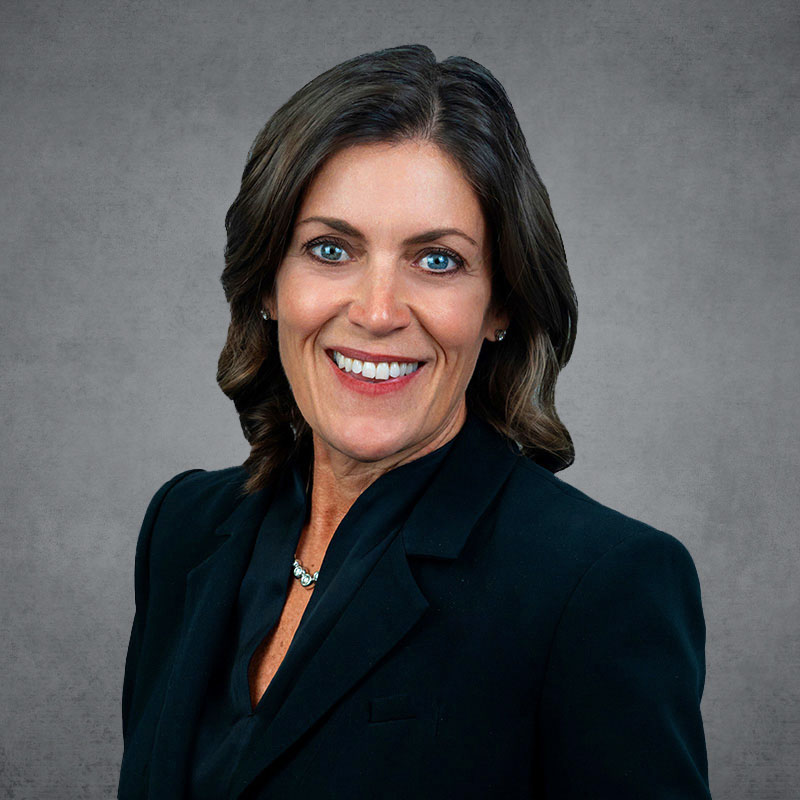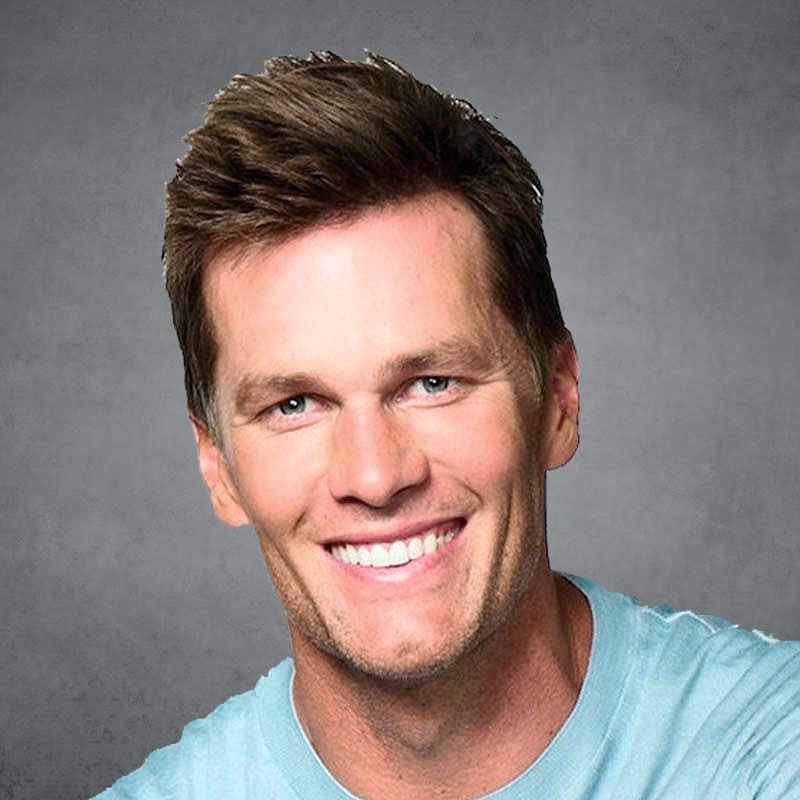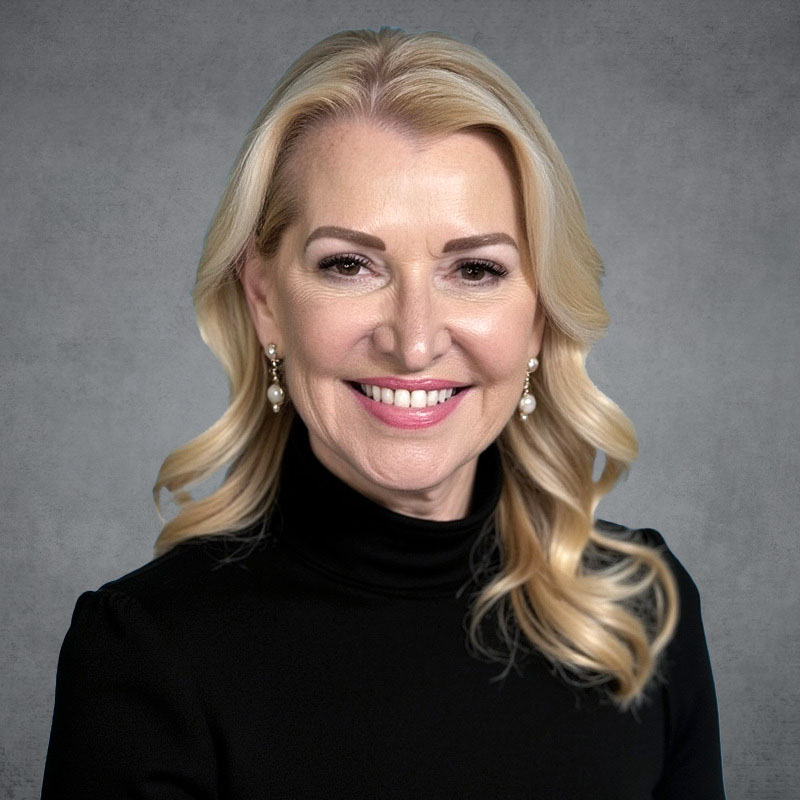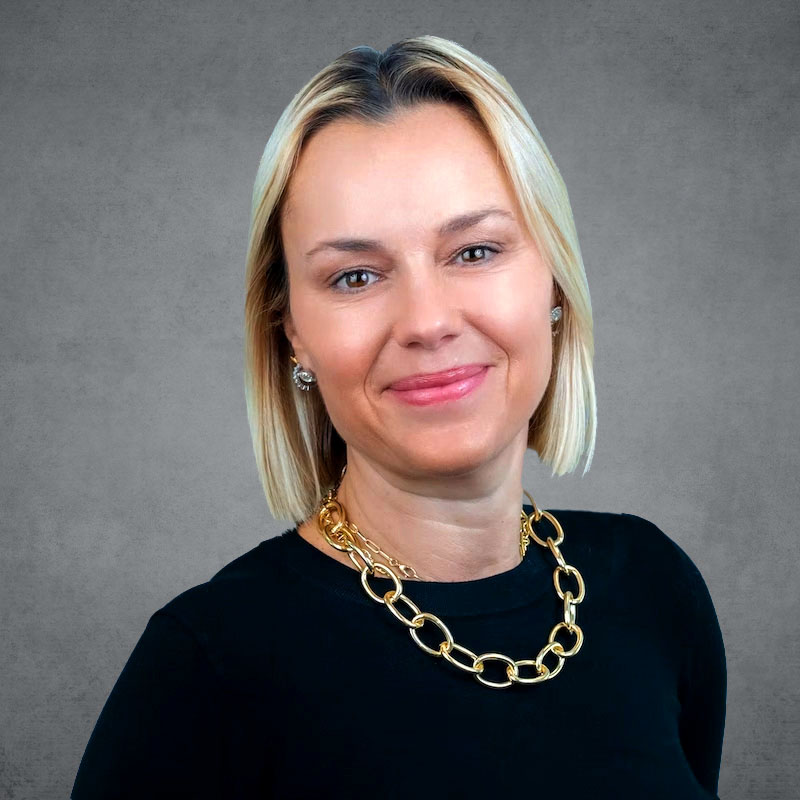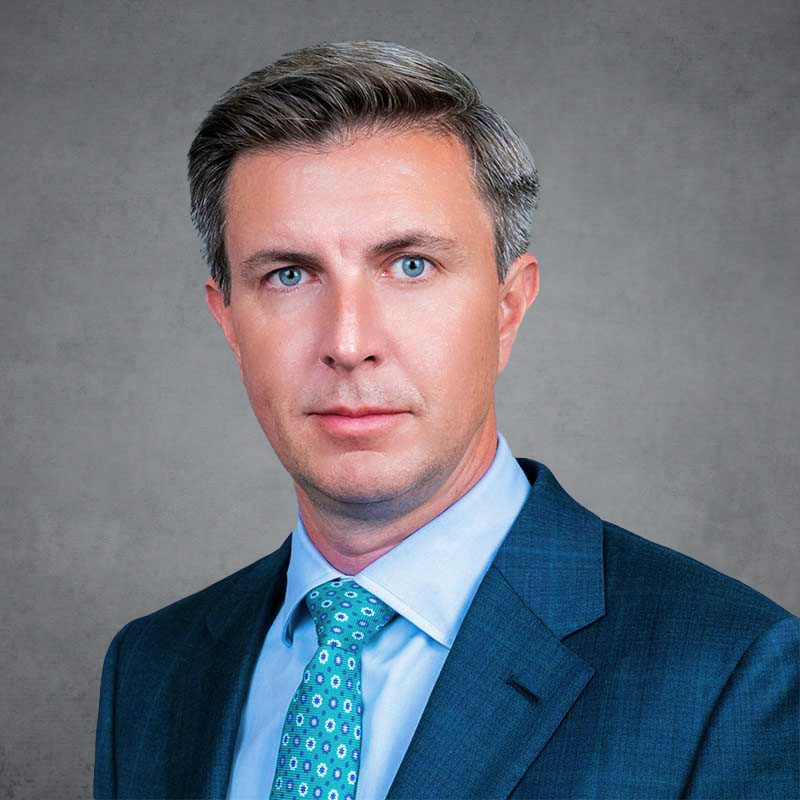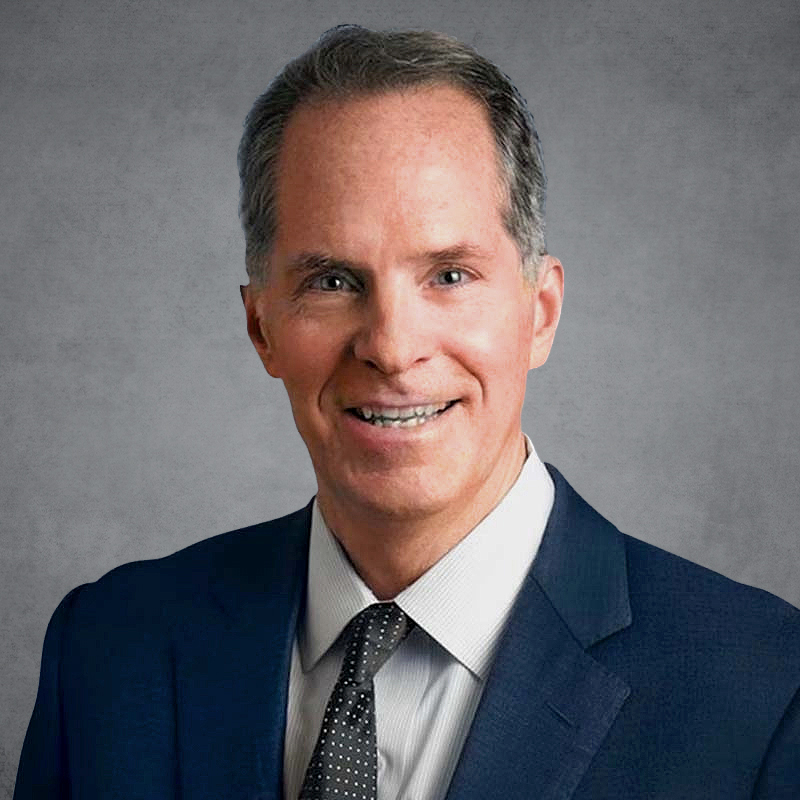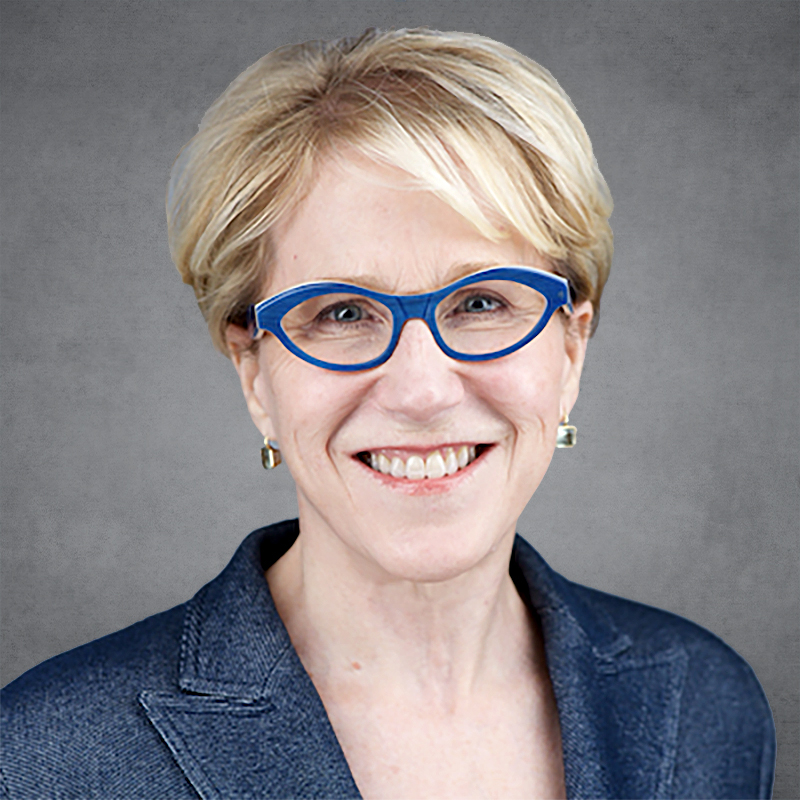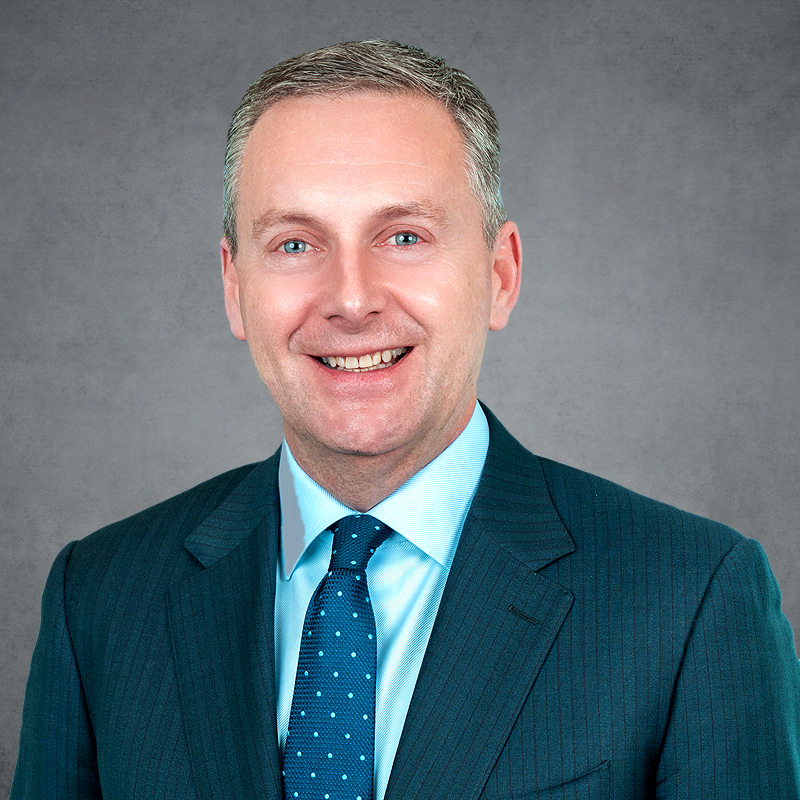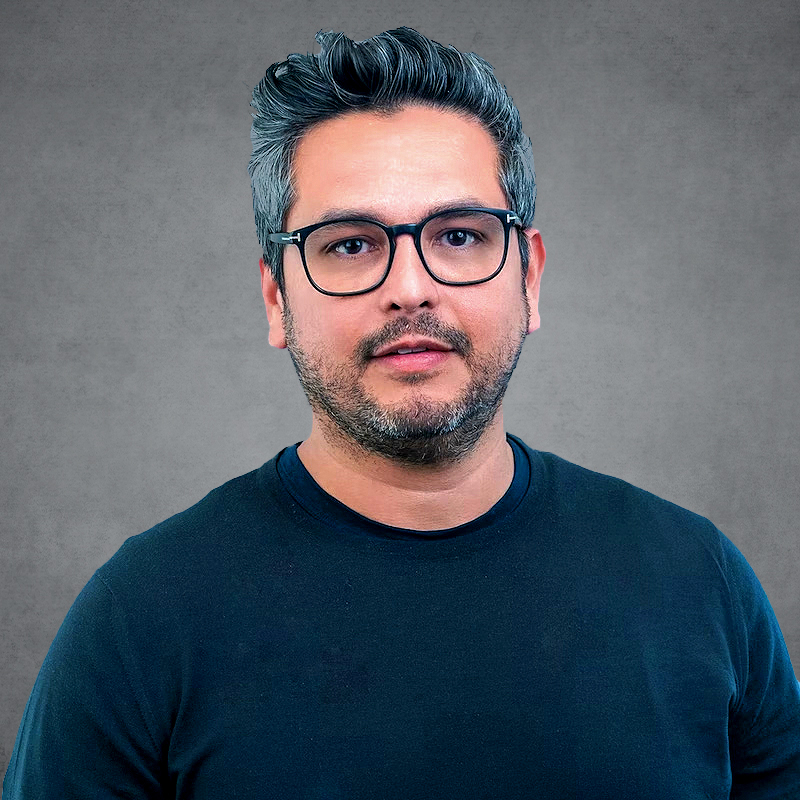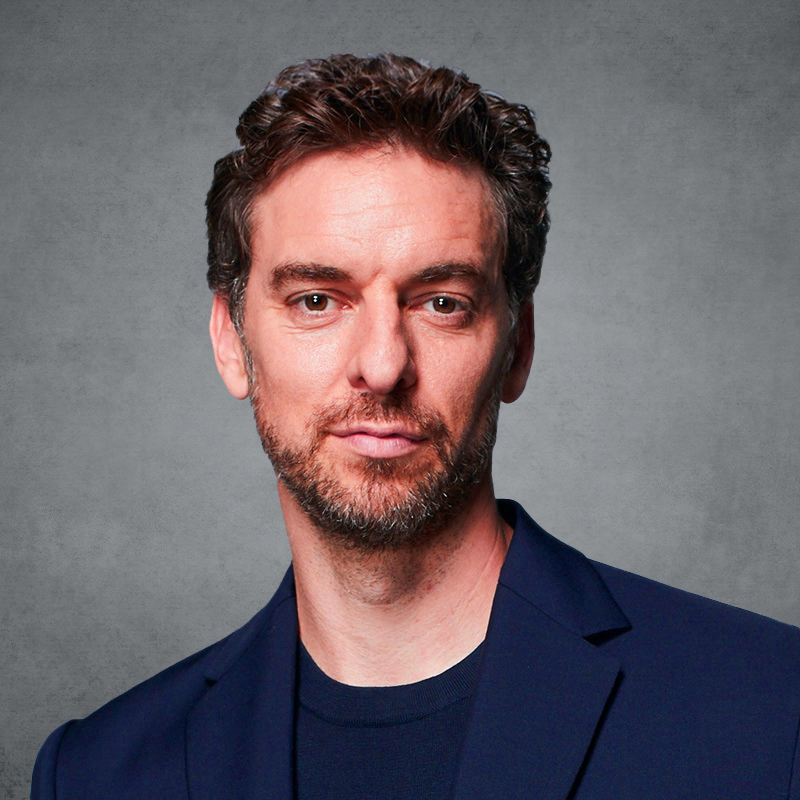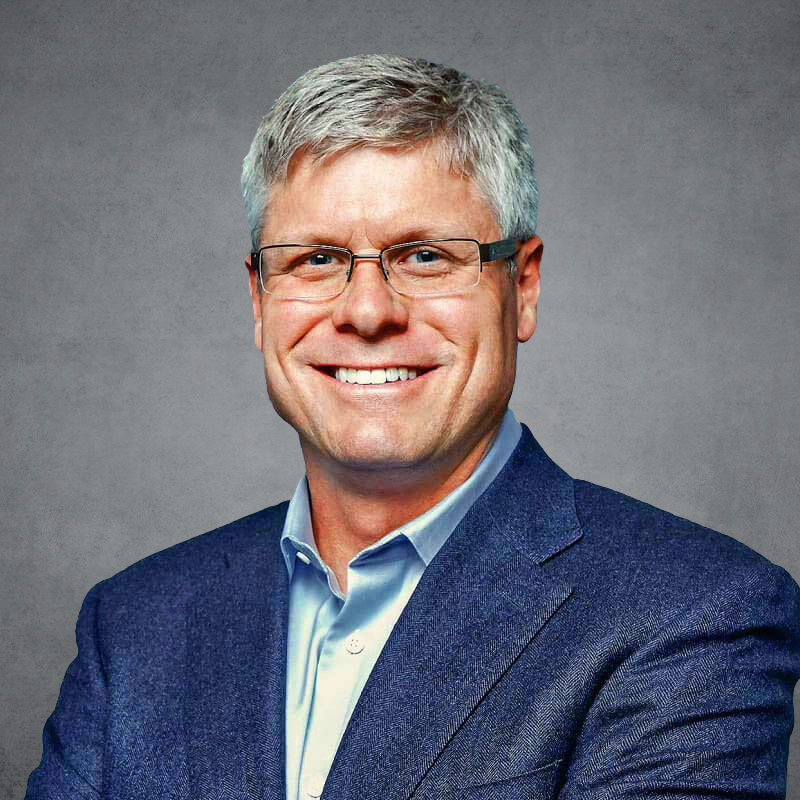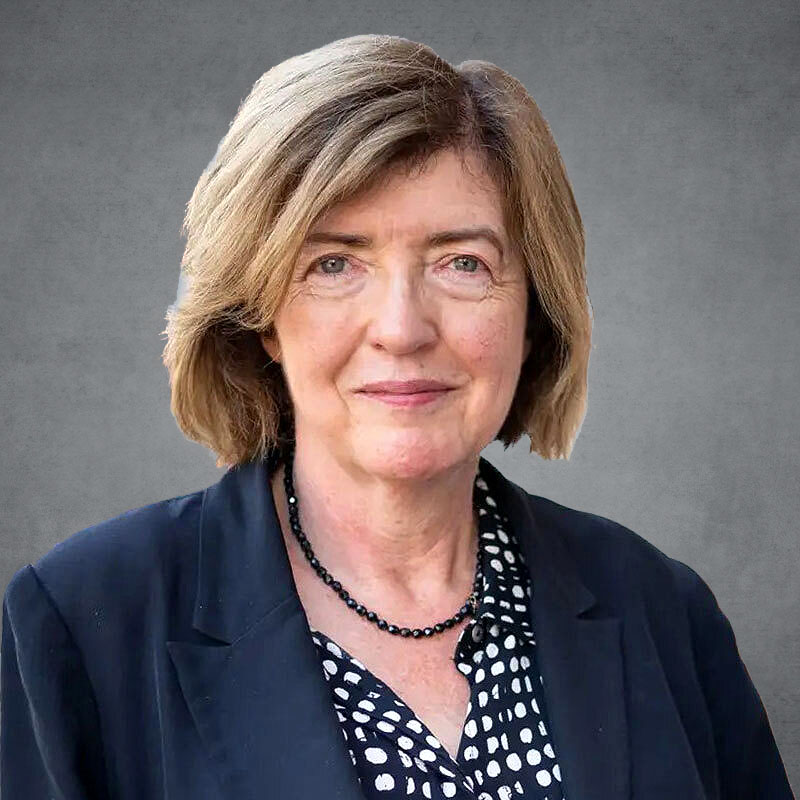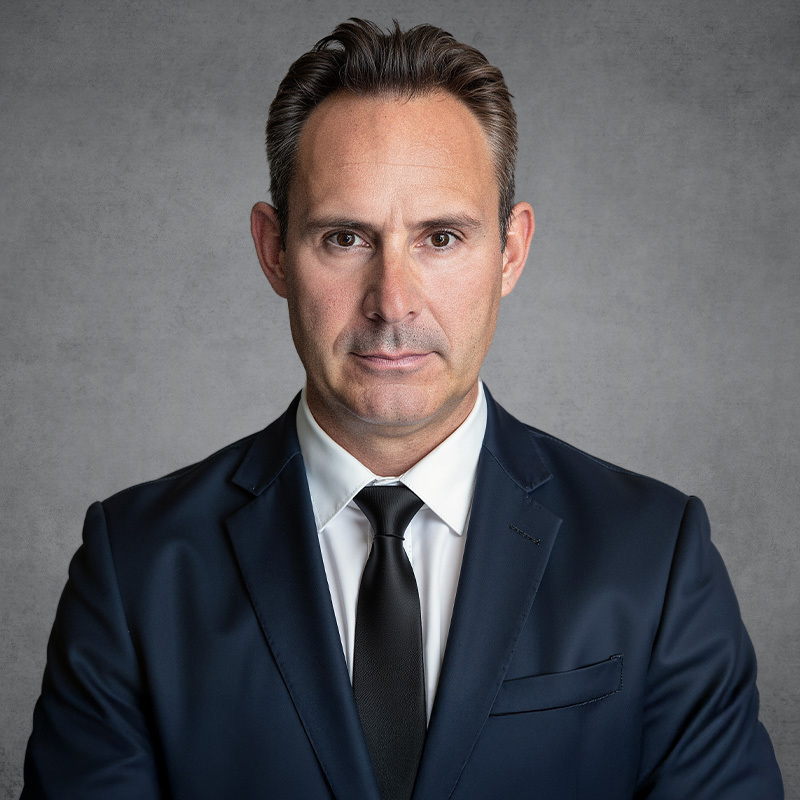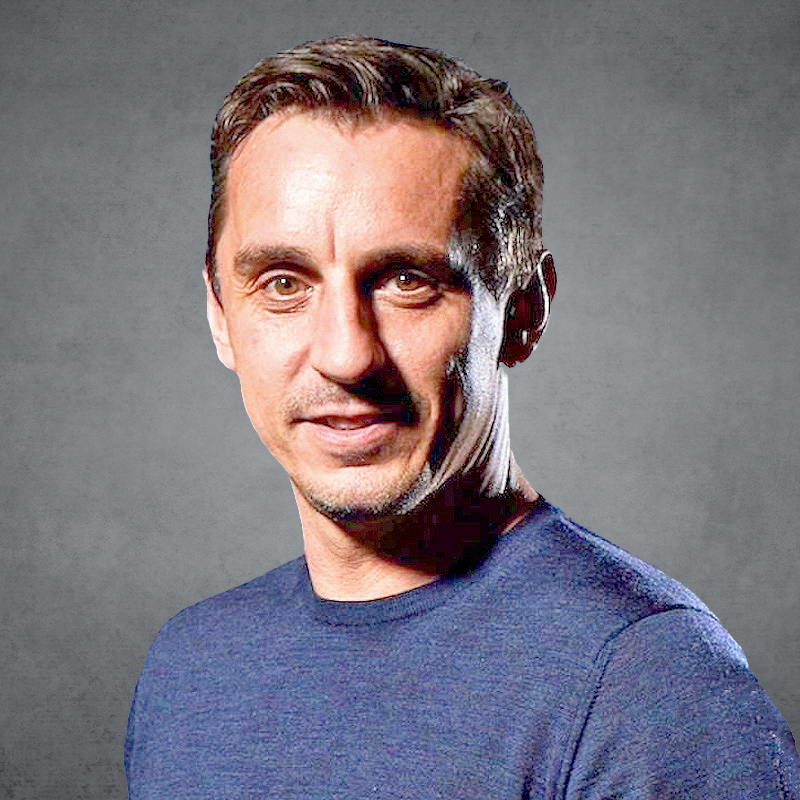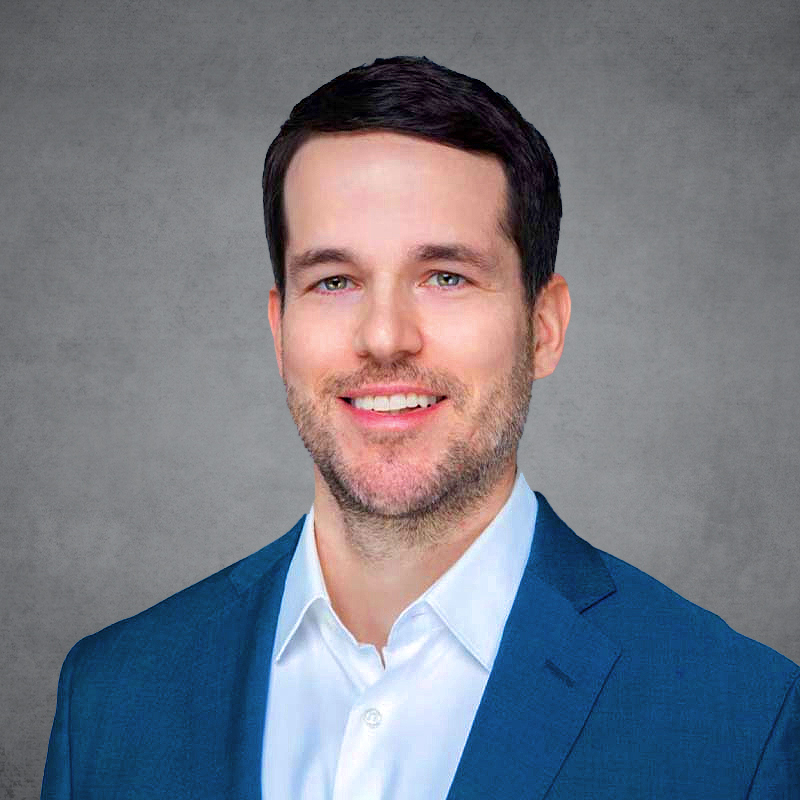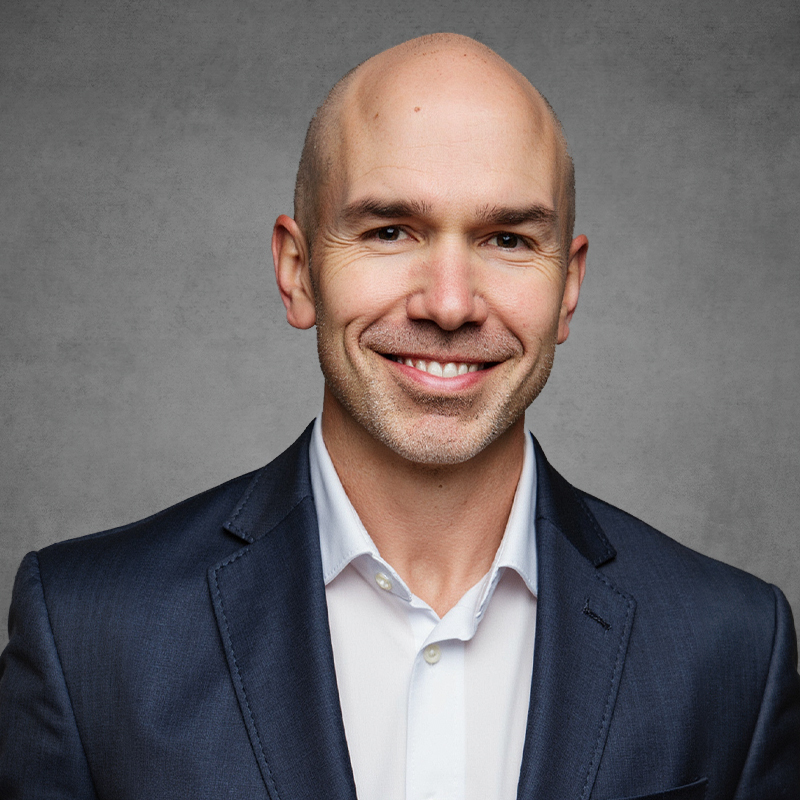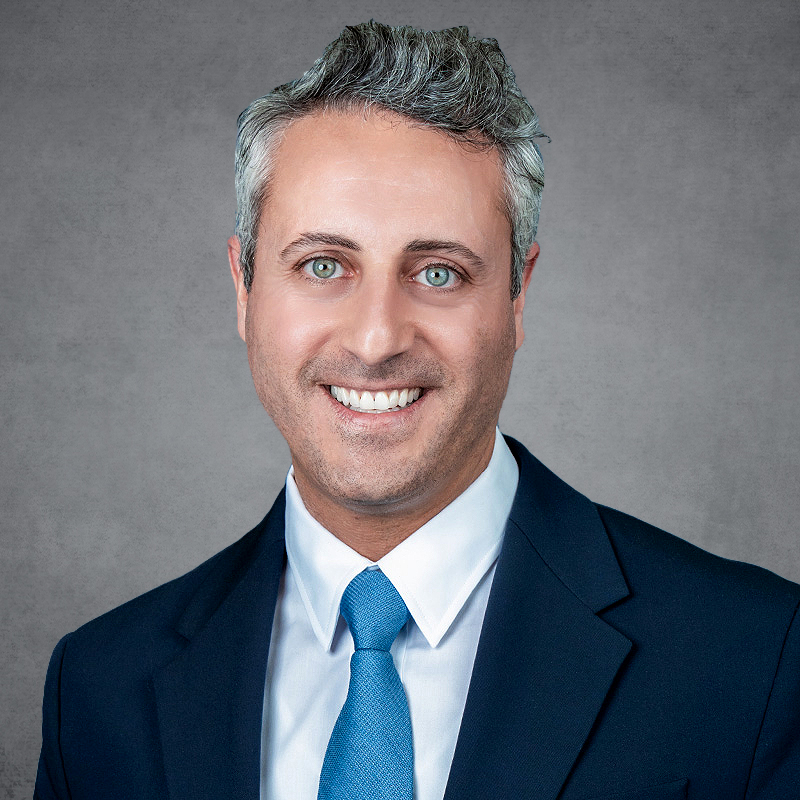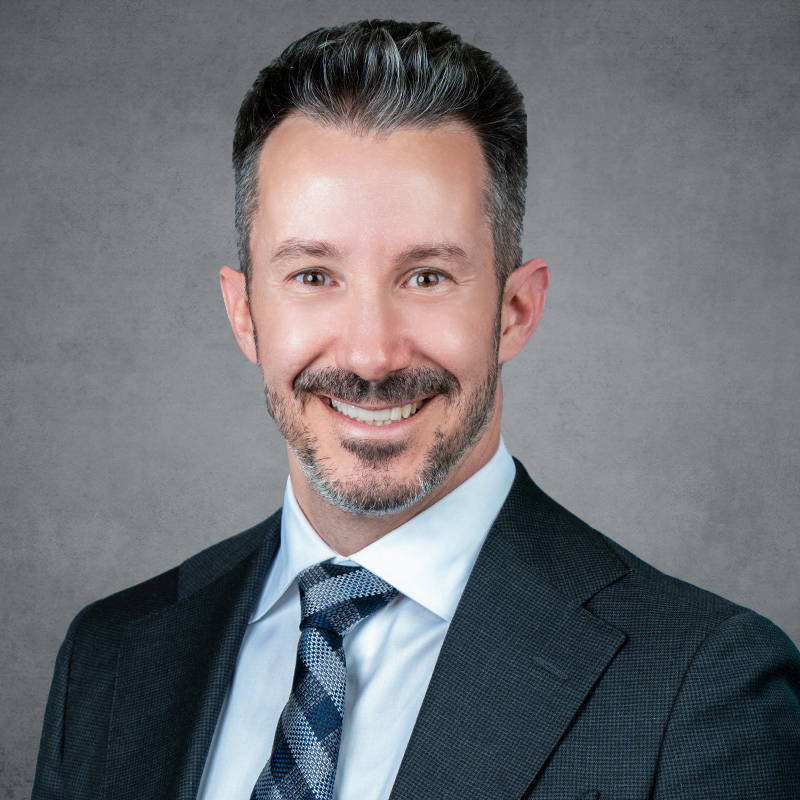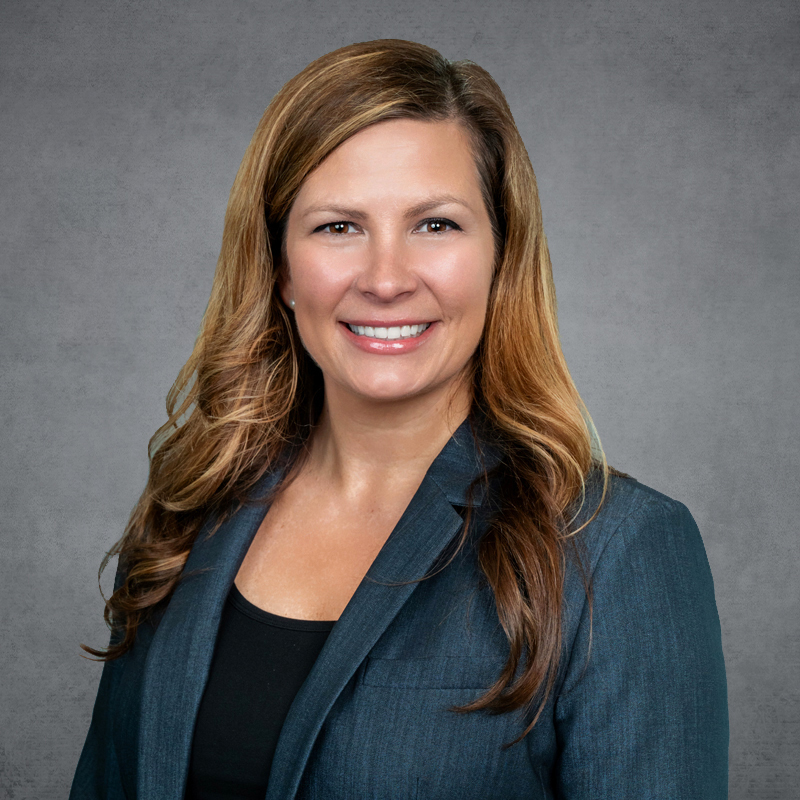Rising Above: Turning Unyielding Challenges Into Transformational Opportunities


Executive Perspectives
Lately I’ve found myself thinking more than usual about age. About longevity. About having done the same thing, more or less, for over 30 years and having tried to get better at it, if I could, all the time.
Adapting to changing circumstances, technologies, environments, moments in history that matter more than others, and anticipating winds of change that look like they will stay longer than anyone expects.
Like many others, I’ve had to adapt multiple times. Like many others I have failed and succeeded, and not always in equal measure. But I am so thankful that the one thing I have always been is curious. That thirst for knowledge and learning new things has been what has kept me going, even when I felt the world was sometimes passing me by or I needed to work extra hard to understand something new.
To acquire knowledge, you used to have to do things. Read books. Talk to people. Debate. Travel. Not be afraid to fail.
We are now entering into an era where none of those things will really be essential to acquire knowledge. In fact, you likely won’t need to even acquire the knowledge.
You can just borrow it for a minute and give it back when you’re done, moving on to the next thing, the next task, the next item your personal AI platform will answer or provide for you.
Of course, there is no doubt that much of this also represents progress. The miraculous advances in healthcare, increased efficiencies across industries, and other similar examples we all know.
There is, however, another side to all of this.
I have also been spending time wondering how we capture, preserve, honor the best of what made us curious to begin with, so we don’t lose it altogether.
What happens though if we do lose it altogether?
Are we (by we I mean people like me who are middle-aged) the last generation who will live and act and think like our parents?
Is there a cliff edge moment happening here whereby things are going to change so quickly that humankind’s traditional means of rationalizing and dealing with it no longer will suffice?
Are we approaching that moment where in business, in life, those many years of acquired knowledge are literally almost useless?
What role is judgement going to play in advising clients what to do, or in CEOs deciding whether to take one path or another?
Will human interaction and personal connection fall by the wayside as we rely on automated decisions rather than collaboration to find a solution?
How long before we are relying on an algorithm to make that decision for us in almost every material aspect of our lives?
How will we spend our time being useful if the way we used to spend it is no longer useful?
As we spend our time at Consello helping CEOs navigate this new world, we also help many of them make this transition from a world they know well to a world they are just getting to know.
We just have to keep reminding ourselves that while the pace of change is unprecedented, change itself is not.
In other words, my answer to all of the aforementioned questions is a resounding no. We are all going to be fine. We will adapt, as we always have.
When I started out as a journalist in the 1980s I was a teenager with one of the old school typewriters that clunked every time you pressed a key, and the ribbon had to be replaced on a near daily basis.
Then came the Tandy word processor, in what I considered a major breakthrough, that sent copy via a phone line.
Then came email. OMG. The first time I heard that unforgettable crackling noise of connecting to the internet it felt like I was entering into outer space, being somehow magically transported into another world where you could just ask a question and the answer would come back to you in what seemed like a few seconds. Only it wasn’t a few seconds. It was longer than that. A lot longer.
I long ago gave up telling younger people who work with me all the stories and tales like this because none of them actually know what it’s like to live without the internet, mobile phones, and everything in between.
I am happy for them of course, but I also realize that I am a dinosaur by comparison, albeit a curious one.
I am not sure yet where all the dinosaurs are going to live and where they are going to spend their time five years from now. But I can tell you one thing for sure, I’m not sitting around waiting to find out.
Like every smart firm out there, Consello is defining its own destiny and embracing AI, building its own AI platform, and advising clients on how to do the same.
Why is any of this relevant to this book, I hear you ask?
The answer is that this is a book which, as in previous years, attempts to predict the future.
It is our third edition, and I’m glad to say that the prior two have aged very well.
This edition contains 11 essays from many of my colleagues at Consello who have decades of experience each in running some of the most important businesses in the world. Predicting what this new era will bring is, we believe, our sweet spot as a firm and I hope that after reading this book you will again see why.
I want to especially thank two dear friends and clients of our firm, Ed Bastian of Delta Airlines and Scott Strazik of GE Vernova, for agreeing to be our guest essayists this year. Both are incredible leaders that bring it every day, and I am certain you will enjoy their contributions a great deal.
To our clients all over the world, thank you for your partnership, friendship and support. Without you Consello has no meaning and we are privileged and honored to advise and represent you every day.
I’d also like to thank all my colleagues for their contributions to this year’s book, and for all their partnership and collaboration as we build this great firm together. A special word of thanks to Matt Arnhols, Mark Mulhern and Jake Glickman, without whom this book would not have been possible. Your patience and your commitment to the task are deeply appreciated.
Finally, back to the subject of age.
I once asked Marty Lipton, one of the people I most admire in business, how he has managed to remain so relevant and impactful for so long, in his case now into his 90s.
“I learned halfway through my career that it was smart to always speak last in a meeting,” he said.
You won’t find that anywhere on ChatGPT.
T.S. Eliot captured it well when he wrote: “The years between 55 and 75 are the hardest. You are always being asked to do things, and yet you are not yet decrepit enough to turn them down.”
Here’s to never turning those things down. To always being smart enough to speak last in the meeting. To embracing the future and being curious enough to understand it just slightly before it greets you at the door.
The views and opinions expressed herein are solely those of the individual authors and do not necessarily represent those of The Consello Group. Consello is not responsible for and has not verified for accuracy any of the information contained herein. Any discussion of general market activity, industry or sector trends, or other broad-based economic, market, political or regulatory conditions should not be construed as research or advice and should not be relied upon. In addition, nothing in these materials constitutes a guarantee, projection or prediction of future events or results.



